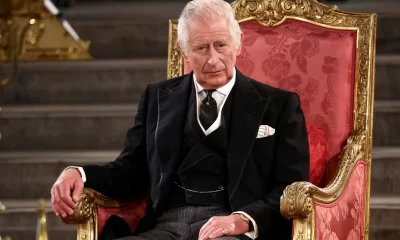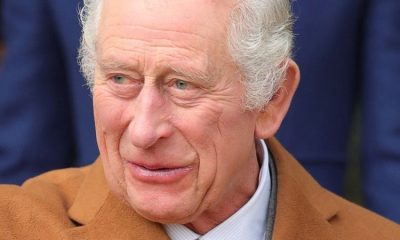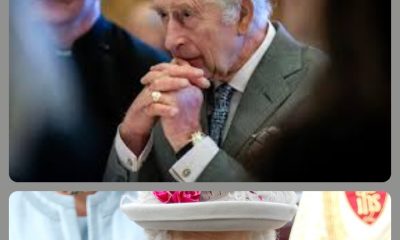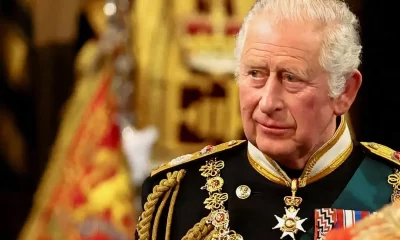NEWS
King of Britain diagnosed with Cancer — Buckingham Palace confirms
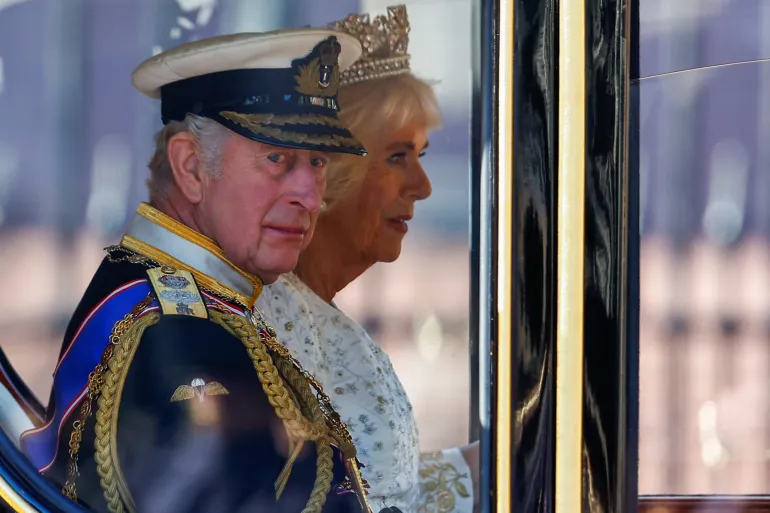
Buckingham Palace has officially announced that King Charles has been diagnosed with a form of cancer, a revelation that came to light during recent treatment for an enlarged prostate.
The Palace has chosen not to disclose the specific type of cancer, clarifying that it is not prostate cancer.
The 75-year-old King has already commenced “regular treatments” and will temporarily step back from public duties during this period.
Despite the health setback, King Charles maintains a positive outlook on his treatment and eagerly anticipates resuming full public duties as soon as possible, according to the Palace statement. Details regarding the cancer’s stage or prognosis have not been disclosed.
The monarch personally informed both his sons about the diagnosis, with the Prince of Wales staying in regular contact with his father. Prince Harry, currently residing in the United States, has also spoken to his father and plans to travel to the UK in the coming days to be by his side.
Returning from Sandringham in Norfolk to London on Monday morning, the King is undergoing treatment as an outpatient. While public events will be put on hold, he will continue with his constitutional responsibilities as the head of state, including paperwork and private meetings.
In the event that the head of state is unable to carry out official duties, a constitutional mechanism allows for the appointment of “counsellors of state” to stand in. The current appointees include Queen Camilla, Prince William, the Princess Royal, and Prince Edward.
The recent health development follows the King’s prostate procedure at a private London hospital over a week ago, initially described by the Palace as treatment for a “benign” condition. It was during this intervention that the separate issue of cancer was discovered.
King Charles had chosen to publicly share details about his prostate treatment to encourage more men to undergo prostate checks. His proactive approach resulted in increased awareness, as reflected in a surge of inquiries about prostate conditions on the NHS website.
The Royal Society of Medicine expressed gratitude to the King for emphasizing the indiscriminate nature of cancer and urged eligible individuals to schedule cancer screenings.
Dr. Jay Verma, the society’s president, encouraged the public not to hesitate, emphasizing the importance of gathering information to guide suitable treatment pathways.

